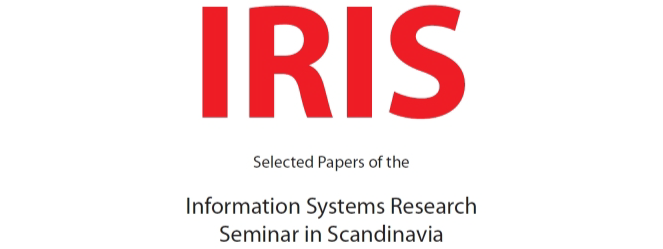Abstract
Business-simulation games are a new type of study environment for real-time decision-making strategies. This study focuses on a simulated business game called RealGame, which operates as clock-driven in real time. This game is designed as a business process and operations-management learning environment. The purpose of this study, thus, is to analyze decision- making strategies and their relation to participants’ cultural backgrounds. For this purpose, we derive from the literature three different decision-making strategies (vigilant, hyper-vigilant, and passive) and compare how these are related to the decision-making team’s cultural background. Results show that diverse cultures (individualist and collectivist) prefer, to some extent, different decision-making strategies. For academics, these results open up new research areas: to study how certain decision-making strategies emerge in simulation environments. The results also benefit practitioners, as they may be interested in developing a deeper understanding of the behavior in real-time organizational decision-making contexts.
Recommended Citation
Kallio, Henrik, "Decision-Making Strategies in Business Simulation Environment: A Cultural Approach" (2015). Selected Papers of the IRIS, Issue Nr 6 (2015). 4.
https://aisel.aisnet.org/iris2015/4


